
I turned off the car engine, rested my arms and my forehead on the steering wheel as tightly as I could, and just sobbed.
I kept telling myself I was doing “the right thing,” but the voices in my head were mocking me, shaming me, calling me names.
You’re wasting your time… and your money!
¡Qué dramática!
Airing the dirty laundry – what a disgrace!
I finally walked into the therapist’s office. I couldn’t look her straight in the eyes.
Even though I had struggled with depression, anxiety, and suicidal thoughts from a very early age, and had been through very traumatic experiences, I never even considered therapy before.
I grew up in a culture where you’re supposed to suppress all your feelings, pray, and take care of your kids.
I was severely depressed and expecting a baby, so I finally summoned the courage to make the appointment, but the stigma was carcomiéndome (eating me alive).
By the end of that session, I felt grateful to my friend Trent for recommending therapy, and I was actually shocked.
I didn’t feel weak and irresponsible – I felt empowered and strong because I was taking care of my mental health.
Dealing with my ACEs
Even though I was more concerned about my babies—the three I was raising, the one I was carrying—my therapist started by addressing my ACEs.
Adverse Childhood Experiences (ACEs) are potentially traumatic events that occur in the early years of our lives (0-17). They fall into 3 categories:
1) Abuse (physical, emotional, or sexual);
2) Neglect (physical or emotional); and
3) Household dysfunction (mental illness, domestic violence, divorce, incarcerated relative, substance abuse).
I scored a 9 out of these 10 before my 20th birthday, and that’s why preventing ACEs is so dear and near to my heart.
So many of us get so good at putting on our “strong and independent woman who smiles at adversity” face, so it’s close to impossible for others to even suspect that we’re in the middle of the trauma circle.
The Impact of ACEs
ACE’s aren’t just painful memories that we brush off and hide. They can deeply affect a child’s development.
ACEs trigger the body’s stress systems or “fight or flight” response. The body’s stress system is meant to run for a short burst to protect a person from danger.
When the body’s stress system is turned on for a long period of time due to a traumatic event, it produces toxic stress, impacting a child’s health.
Unfortunately, exposure to ACEs can increase the risk later in life of alcoholism, smoking, and drug abuse; depression, heart disease, liver disease, STIs, and teen pregnancy; and even death by suicide.
Thankfully, we can all do our part to prevent ACEs and mitigate the damaging effect of ACEs in our families and our communities.
ACEs are NOT your destiny!
The Number One Way To Prevent ACEs
Having strong support systems, whether through individuals or organizations, is a really effective way to prevent ACEs or lessen the negative effects of ACEs. This is true for both children and adults. In fact, they have a name to help you remember: safe, stable, nurturing relationships and environments (SSNREs).
I was 13 years old the first time I almost died by suicide, but having people in my life who mentored, encouraged, and supported me made my life easier and helped me thrive despite the dysfunction and struggles I faced.
Those support systems help the body’s stress system reset. These safe, stable, and nurturing relationships and environments (or SSNREs) are essential to lifelong health and success as well as the prevention of ACEs.
These connections can positively impact children who experience ACEs. I’m living proof that cycles of ACEs can be broken across generations and I’m grateful.
And even though my daughters are fatherless and I’m the sole provider as a single mom, they have been less impacted by ACEs because they’ve had safe, stable, and nurturing relationships and environments.
My father, my brother, and my brother-in-law are all counselors and guides for my daughters, and because of my line of work, they have had access to inspiring world leaders that have personally mentored them and adopted them as their “godchildren.”
I’ve also encouraged my daughters to be creators and contributors with their talents, so they are artists, writers, musicians (and more!) and have been able to participate in many enriching activities, surrounded by positive people who help me nurture their dreams.
Find Your 3
Today, I want to encourage you to #findyour3: three sources of support to help your child through tough times.
I think this past year has made ACEs more real for a lot of people because there is a collective trauma going on. Even though something traumatic for everyone is not an ACE, everyone has become more aware of just how important it is to be seen, heard, and supported.
When I walked into my therapist’s office, I found one of my 3. I also attend a recovery group for family members impacted by addiction, and I have my “Fairy God-Brother,” my go-to when I am feeling overwhelmed with hopelessness and anxiety.
Of course, I strive to be a source of support for my daughters; however, I make sure we have an open family system (one where new relationships are allowed to be fostered and built).
And when I permit myself to ask for help, to seek healing, and to take care of myself, I permit them to do the same when they struggle.
6 Strategies To Prevent ACEs
There are 6 known strategies to prevent and help children overcome Adverse Childhood Experiences (ACEs).
![]() Strengthening economic supports for families
Strengthening economic supports for families
Strengthening household financial security
Family-friendly work policies
![]() Promoting social norms that protect against violence and adversity
Promoting social norms that protect against violence and adversity
Public education campaigns
Legislative approaches to reduce corporal punishment
Bystander approaches
Men and boys as allies in prevention
![]() Ensuring a strong start for children and paving the way for them to reach their full potential
Ensuring a strong start for children and paving the way for them to reach their full potential
Early childhood home visitation
High-quality child care
Preschool enrichment with family engagement
![]() Teaching skills to help parents and youth handle stress, manage emotions, and tackle everyday challenges
Teaching skills to help parents and youth handle stress, manage emotions, and tackle everyday challenges
Social-emotional learning
Safe dating and healthy relationship skill programs
Parenting skills and family relationship approaches
![]() Connecting youth to caring adults and activities
Connecting youth to caring adults and activities
Mentoring programs
After-school programs
![]() Intervening to lessen immediate and long-term harms
Intervening to lessen immediate and long-term harms
Enhanced primary care
Victim-centered services
Treatment to lessen the harms of ACEs
Treatment to prevent problem behavior and future involvement in violence
Family-centered treatment for substance use disorders
It’s comforting to know that ACEs are preventable and can be mitigated! Which of these strategies would you like to learn more about?
Be The One
One thing I love is that each of us has the ability, the potential, and the unique opportunity to make a difference when it comes to ACEs.
It takes a lot of courage to stop sweeping things under the rug, drop the shame, and defy the beliefs that seeking help makes you “weak” or “crazy.”
I am committed to continuing my journey of creating a positive place for myself and my daughters.
It’s like this saying I once heard: It ran in my family until it ran into me.
Now it’s your turn.
You can contribute to a child’s well-being, safety, and stability, or you could be a trusted friend to another mom (or any other adult).
As you do that, you help prevent violence victimization and perpetration, as well as life-threatening conditions for that child.
We can work together to help create neighborhoods, communities, and a world in which every child can thrive. ¡Podemos juntas!
Are you committed to finding your three? I am! I encourage you to learn more about ACEs. The CDC has additional information about Adverse Childhood Experiences, so be sure to check that out, too!
Founder of the Positive MOM® and creator of the S.T.O.R.Y. System: a blueprint to craft and share powerful stories that will transform your results and help others do the same. Dr. Elayna Fernández is a single mom of 4, an award-winning Storyteller, Story Strategist, and Student of Pain. She’s a bestselling author, internationally acclaimed keynote speaker, and 5x TEDx speaker. She has spoken at the United Nations, received the President’s Volunteer Lifetime Achievement Award, and was selected as one of the Top Impactful Leaders and a Woman of Influence by SUCCESS Magazine. Connect with Elayna at thepositivemom.com/ef and follow @thepositivemom. To receive a gift from Elayna, click HERE.

Want to support the Positive MOM blog?
The mission of the Positive MOM blog is to help moms break trauma cycles, find peace, and feel emotionally whole, so they can practice supportive parenting and create a positive and healthy environment for their children. If you found Elayna’s content valuable, please consider donating a love offering to enable her to keep creating content and helping more moms worldwide. Donate HERE.

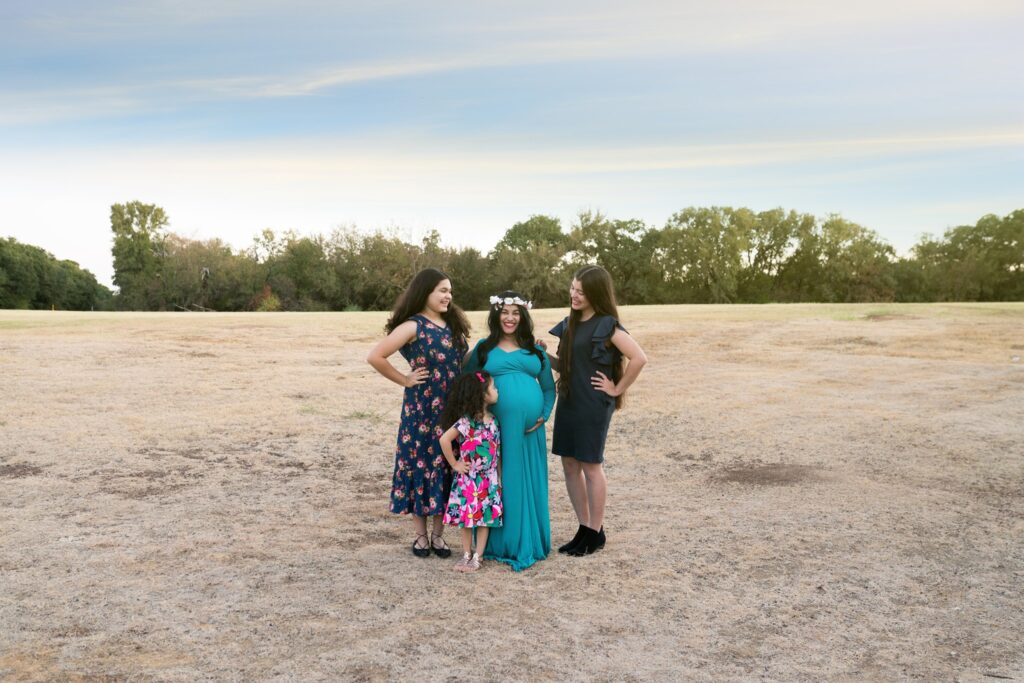
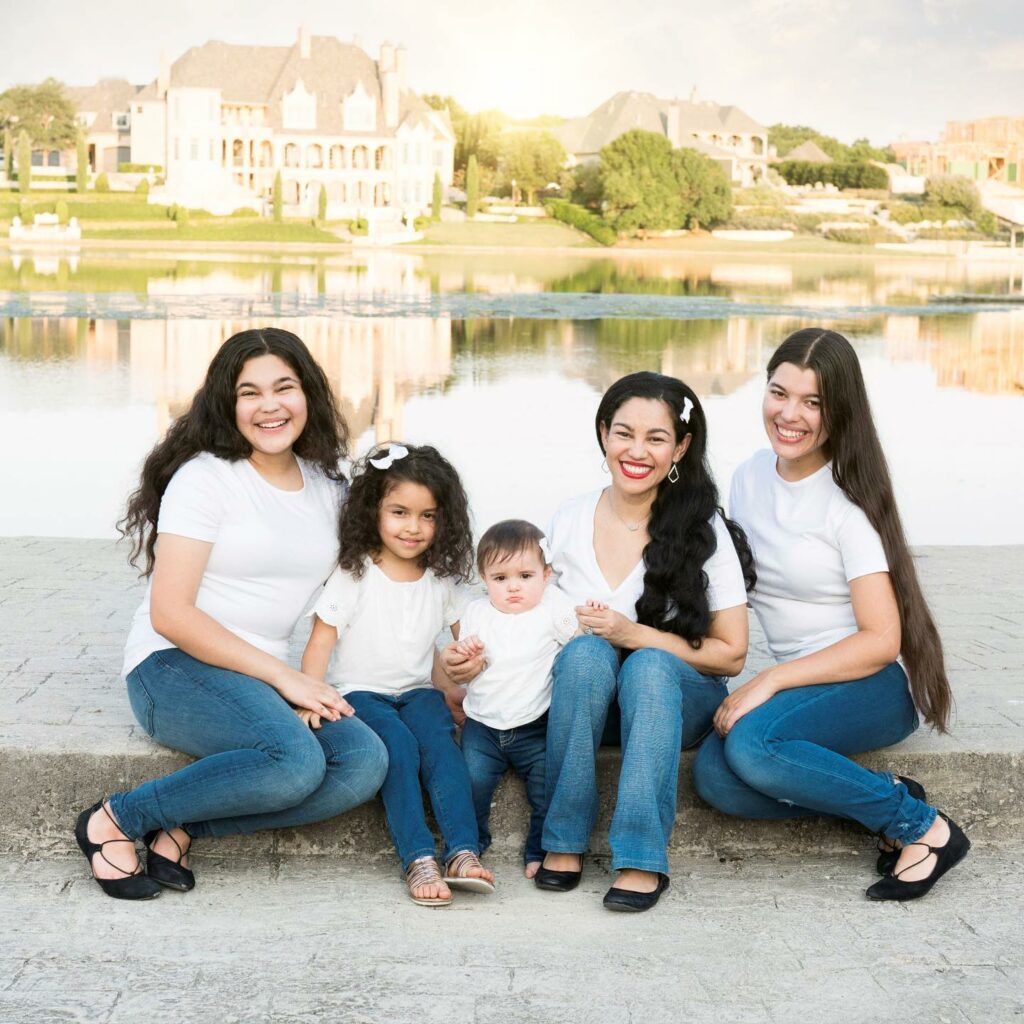
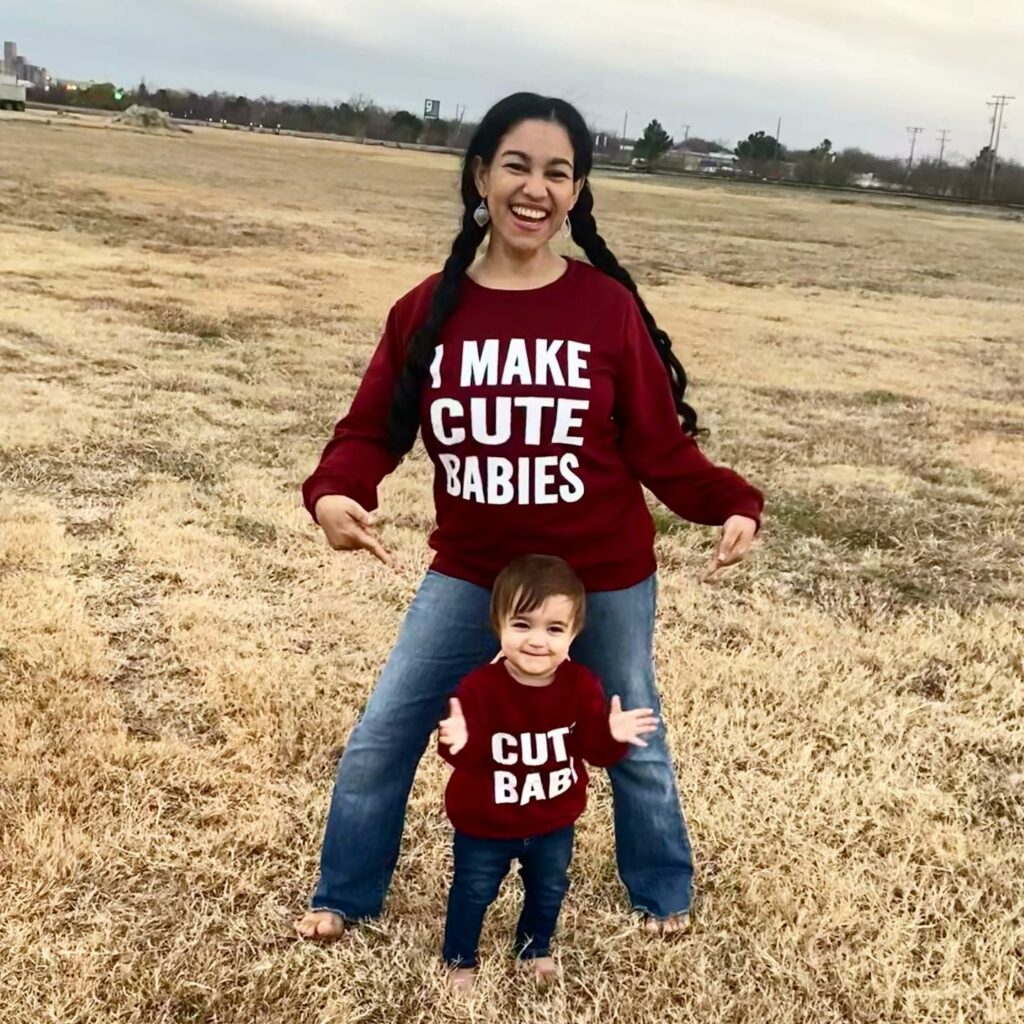
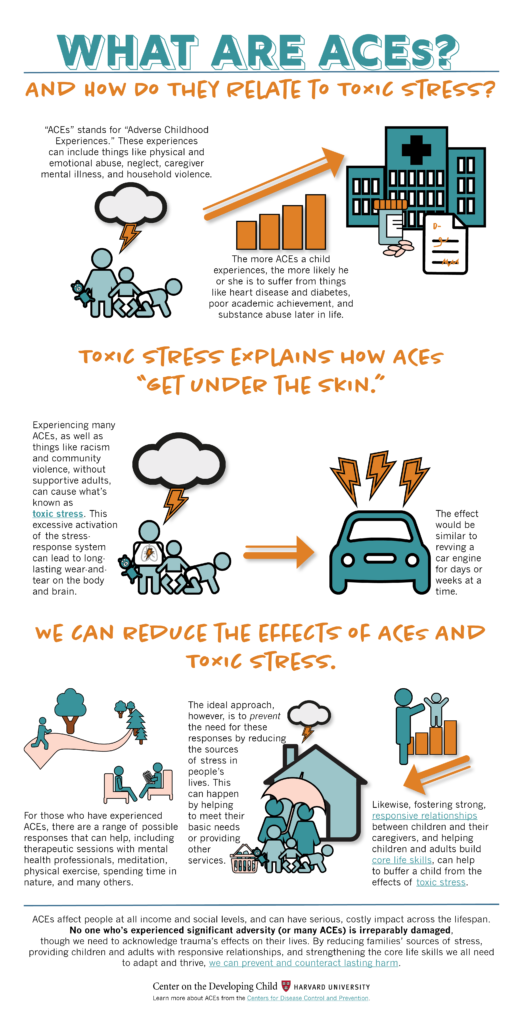

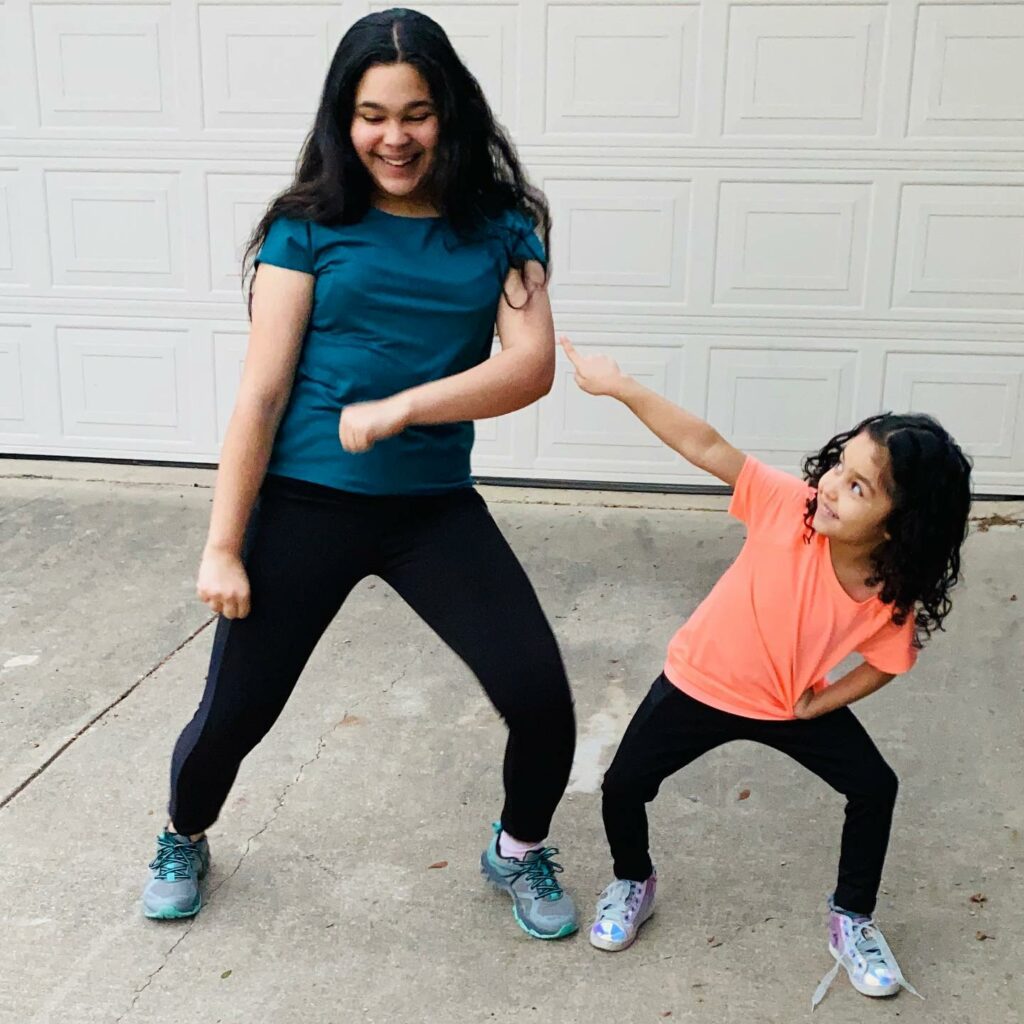

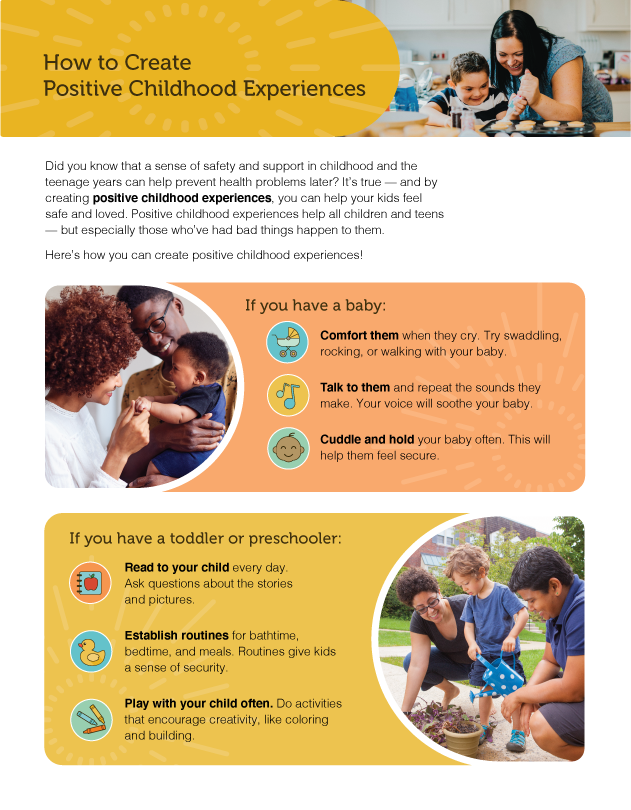
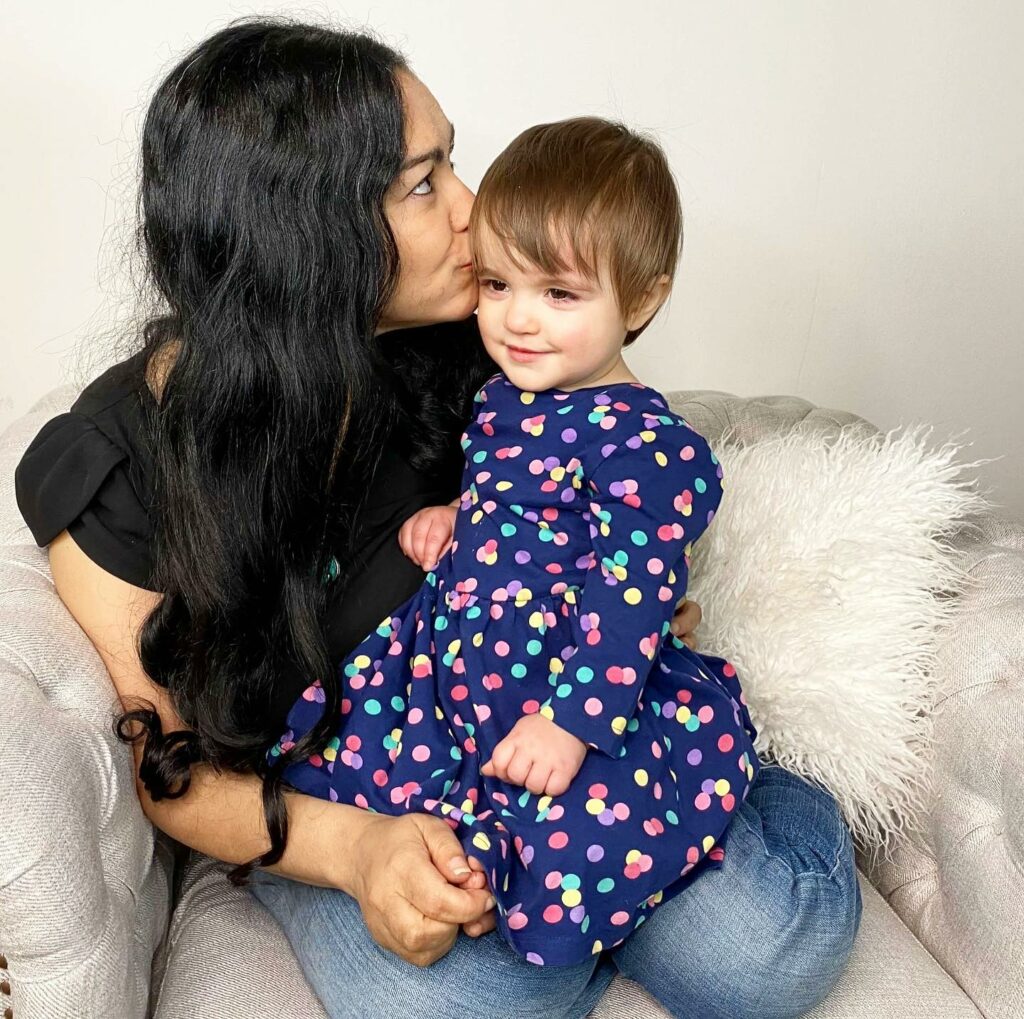
Lyssa
Thursday 20th of May 2021
We have to start having these conversations early. Thank you for these suggestions!
athena graeme
Wednesday 19th of May 2021
This is SO important! We adopted our daughter and she has a fabulous life, sometimes we forget that even living a good, stable life, she also experiences traumas and things that we can't control. Just being adopted is something she has to overcome. We started her in art therapy earlier this year so she'd have a safe space to deal with her emotions surrounding that and other issues. There shouldn't be any stigma to therapy, there's nothing wrong with her or many other people who use it, if anything, it helps her be happier and healthier. We want her to develop those skills as she grows, not struggle with them as an adult. Thanks for bringing this to topic.
Heidi
Wednesday 19th of May 2021
What a great article. I feel that when people share their experiences people feel less alone.
Mallory
Monday 17th of May 2021
So important to give them a healthy foundation!
Will G
Monday 17th of May 2021
I really like the "cute" sweatshirts.